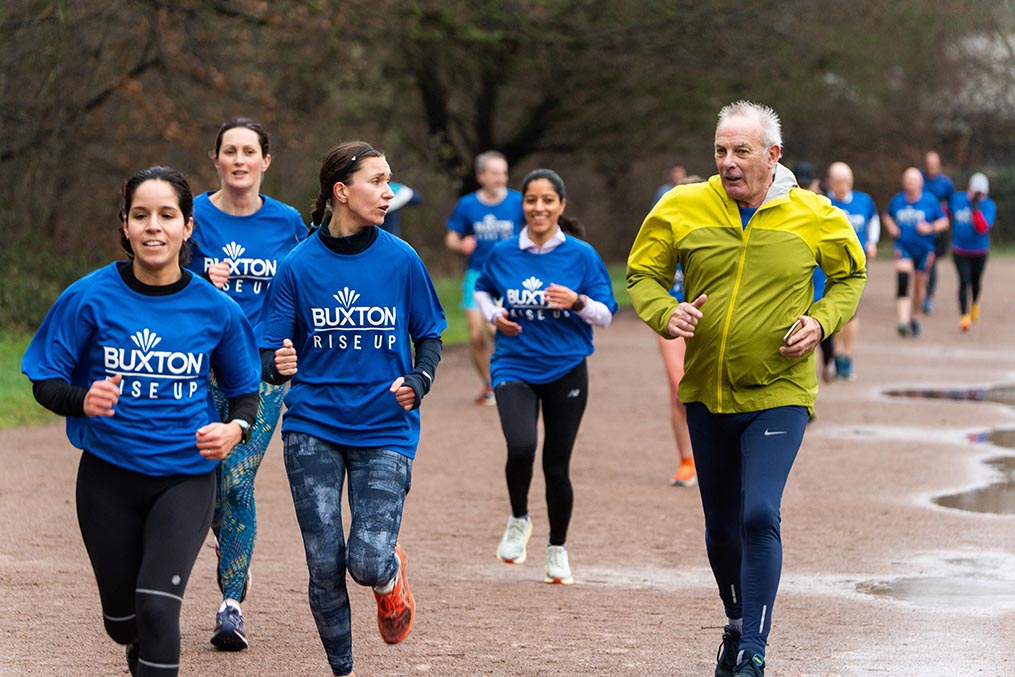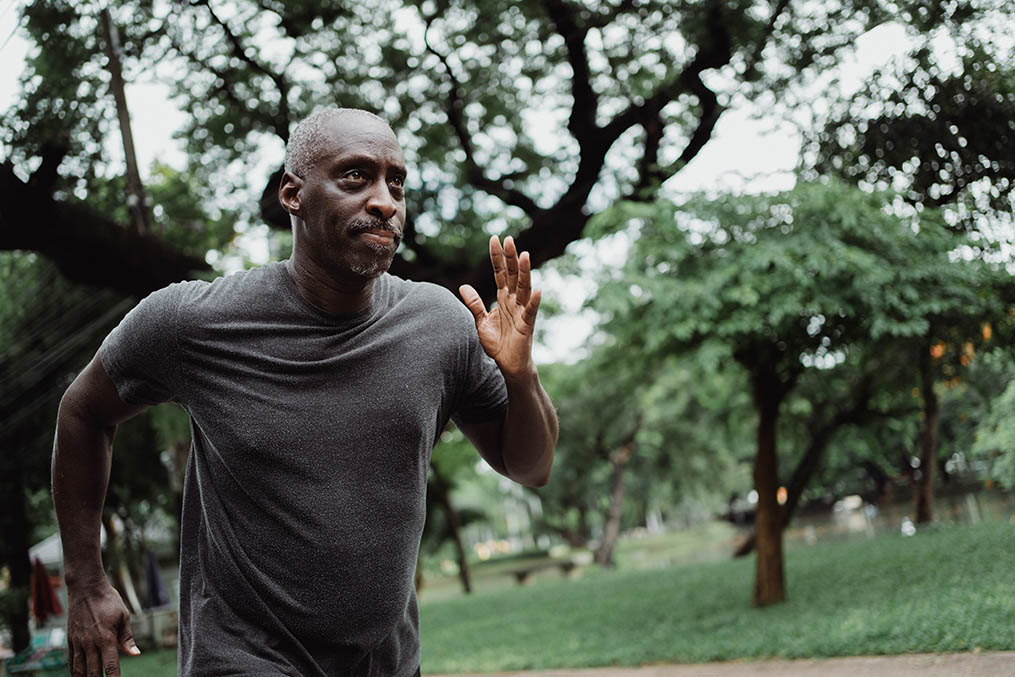The Benefits of Cross Training
Cross training really just means incorporating a number of different activities into your exercise routine. By doing this you’ll use a range of movements and load a variety of muscles, bones, joints, and ligaments which in turn will help avoid the repetition or impact injuries associated with a single activity, such as running. Cross training improves your overall mobility and agility, reduces boredom, and helps to keep you motivated.

The main goal of adding cross training to your exercise routine is to enhance fitness and add variety but also to improve any areas of fitness that may have been neglected. It’s mixing things up that will make the difference, especially if you’re training for one particular sport or event. For example, if you normally do longer endurance exercise, then including some shorter activities, at a higher intensity, will add balance to your training.
By mixing up activities, it means you’ll have a different emphasis on areas such as cardio-vascular fitness, endurance, strength, flexibility, and mobility. To improve overall fitness, choosing cross-training activities that challenge a couple of fitness areas is a great choice because although there are good reasons for doing one activity, it can often restrict your level of overall fitness. Even if your focus is on one specific sport, such as running, including some cross training activities like cycling, rowing, swimming, Pilates, or conditioning exercise will provide some positive benefits.
There are a huge number of different activities that we can include as cross training, here are some examples in their various categories:
-
Cardiovascular Exercise focuses mainly on your heart and lungs but also works on various muscle groups, e.g.,
cycling, swimming, rowing, hiking, circuits, HIIT training, racquet sports
-
Strength Training increases your bone strength, muscle condition and tone and can also help improve your balance and coordination:
Weight machines or free weights, circuit training, plyometrics
-
Flexibility and Balance Training - these can easily be overlooked but are important for overall wellness. Having good mobility helps reduce pain and the risk of injury:
Pilates, Yoga, stretching and using a foam roller
Cross-training also reduces the risk of injury from overuse, repetitive stress and impact and offers other benefits too, such as:
-
creating variety and flexibility in your training
-
allowing you to continue to train while injured
-
providing overall body conditioning to a variety of muscle groups
-
improving your mobility, agility, and balance
-
working certain muscles while allowing others to rest and recover
The key is to make sure that the activities you’re doing are complementing your main sport and not leaving you too fatigued to do your important key training sessions. Very often an instructor leading a class can be well-meaning and enthusiastic, but the activity can easily turn into a hard session, resulting in you feeling fatigued with muscle soreness for a couple of days. This isn’t helpful for keeping your exercise going consistently and it can also affect your motivation, leaving you more vulnerable to injury or illness, so be careful.
Cross training is also a smart alternative when the weather is bad, if you’re in a new location and don't know where to train or if the gym is your only option to exercise, then cross training is a safe and smart alternative. It’s varied, versatile and can either be your main focus of exercise or, if you’re already training for a particular sport, then including cross training a couple of times a week will really allow you to feel the benefits.
So don’t underestimate the value of doing alternative training.
Keith Anderson
Head Coach
Full Potential Coaching

Optimising Hydration for Interval Training
Discover the world of Interval Training. Learn practical tips to stay hydrated, fight fatigue, and regulate your body temperature thanks to proper hydration.
Take a look
Our 2024 Rise Up Runners
Witness the journeys of our three BUXTON Rise Up Runners and see the positive impact that running and training for the 20234 TCS London Marathon had on their mental well-being.
Take a look
Marathon Training: The good, the bad and the ugly
Explore the highs and lows of marathon training with Buxton. Learn about smart training plans, maintaining consistency, and managing physical and mental challenges.
Take a look
The ultimate guide to winter training
Let’s face it … training through winter can be challenging for many reasons!
Take a look
BUXTON Sweat and Tears Runners Share Their Post-marathon Feelings
And just like that, the London Marathon 2023 has come to a close! After experiencing that rush of adrenaline when they crossed the finish line, we asked our Buxton Sweat and Tears Runners to share their post-marathon feelings and any other reflections they had after completing this huge achievement. See what wisdom they had to share below.
Take a look
3 Rise Up Marathon Runners Tell Us About Running and Mental Health
3 Buxton marathon runners share with us how running and training for the marathon helped with their mental health. See their inspiring stories here.
Take a look
The Mental Benefits of Exercise
We already know that exercise is good for us but it can also help improve our mood, help with anxiety, stress and depression and also improve our sleep patterns.
Take a look
The Benefits of Cross Training
Cross training really just means incorporating a number of different activities into your exercise routine. By doing this you’ll use a range of movements and load a variety of muscles, bones, joints, and ligaments which in turn will help avoid the repetition or impact injuries associated with a single activity, such as running.
Take a look
Getting started and preparing your body and mind for training
“The miracle isn’t that I finished. The miracle is that I had the courage to start.” ~ John Bingham
Take a look